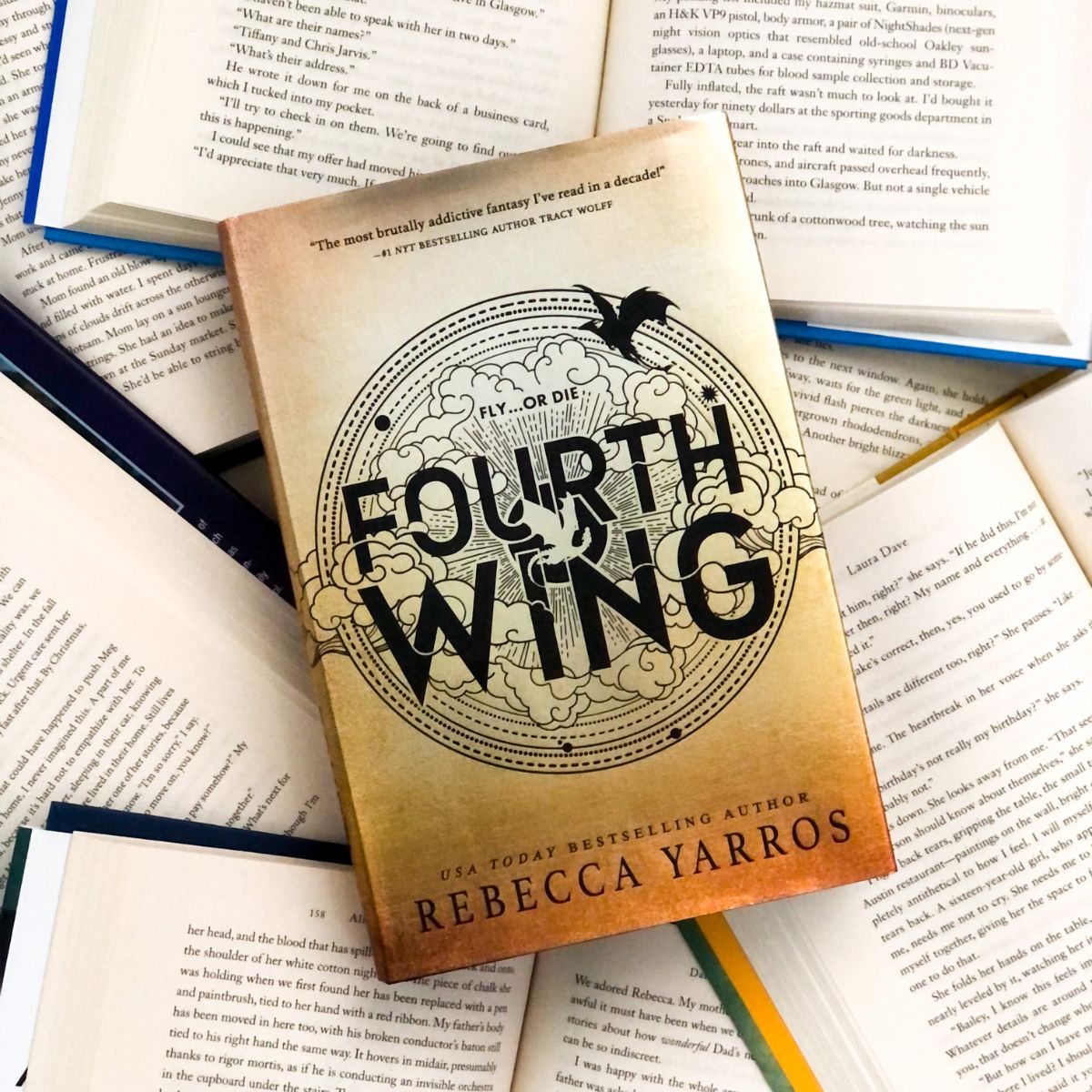Lately, Artificial Intelligence (AI) has been the topic of so many conversations across the world, and for good reason: Humans now have the ability to let an external device think for them. On paper, the advent of AI should amplify human thought—at least, that’s what AI companies are claiming—yet, when we look deeper into the magnitude of its influence, we discover the profound consequences that come with it.
To understand AI’s increasing role in our lives, it’s a good idea to look back at the advent of smartphones. These little pieces of technology can transport us away from our current reality to a completely different dimension with infinite possibilities and without the problems that we may find in everyday life. While they’re incredibly useful for many things, our phones—and the tremendous amount of time we spend on them—become really scary, especially when we consider the motivations behind different social media superpowers.
It’s no lie that we’re dependent on our devices. Whenever we need that quick hit of dopamine, we fire up this “miracle device” that can fit in our pockets and get to scrolling. It’s no wonder that the face of the iPhone revolution, Steve Jobs, didn’t even allow his kids to have one. As a teenager, I imagine I see the over-reliance on smartphones more than older generations, but it afflicts all of us: Our reliance on phones causes major problems and wastes a large portion of our lives. Companies like Meta, X (formerly Twitter), Snapchat, and Netflix are all paid to keep your attention. Attention, or time, is arguably the most important resource we can’t get back—and big corporations are targeting your time to try and steal it. They make money the longer you stay on your device.
Scientists and engineers have spent decades attempting to create the perfect storm of content for you in order to try and keep you engaged for as long as possible. Billions of dollars are spent trying to personalize YOUR feed to maximize how captivating, time-consuming, and profitable it is. With social media companies working tirelessly for your attention, it is no wonder that you succumb to “doom-scrolling,” and you shouldn’t blame yourself. All you can really do is understand the motivations of these companies and work to be less reliant on your technology.
Like the smartphone, I would be a liar if I said that Artificial Intelligence is incapable of being useful—it can be—but only in moderation. If you were to think about the motivations behind companies like OpenAI and Google, which create AI platforms, it is fairly obvious that their job is to make it as desirable as possible for you to use it. Furthermore, knowing that humans already have the tendency to over-rely on tech, an over-dependence on AI is a likely path for society.
Even today, schools have to combat the more-than-common occurrence of students choosing to cut corners using Artificial Intelligence. It’s one thing to use AI as a brainstorming tool; it’s a completely different thing to make AI do all of your thinking for you. Even in our fast-paced modern world, there is something to be said about cultivating and using your brain. Thinking is a cornerstone of the human experience—it is what separates us from the primates and has supported our reign over the animal kingdom—yet this tool that we call AI can, will be, and is used to save time in the short term. And although it saves us time in the short term, it comes at the cost of our long-term selves.
I heard a great definition of happiness the other day: “Happiness can be defined as the ability to sacrifice what we want now for what we want eventually.” In other words, “unhappiness or misery can be defined as the inability to sacrifice what we want now for what we want eventually.” Thinking, good ol’ staring-at-the-blank page thinking, is incredibly useful for our growth and sustained well-being. When we give a device permission to do our own thinking for us, we are choosing to be effective in the short term but neglecting our long-term success.
Think about our muscles. We can grow them through diet and exercise, but we can also let them atrophy without consistent training. The same is true for the brain. We can actually grow our brains: In an experiment conducted in London, scientists looked at the brains of taxi drivers—specifically at their hippocampi—and found that the older, more experienced drivers had actually grown their hippocampi, with more gray matter in their brains. On the contrary, if we don’t use our brains, or we let an external object do our thinking for us, we can lose it. Just like a muscle, our brains are use it or lose it.
If we become dependent on AI, we lose out on so much growth and meaning in our lives. I’m no expert, although I have talked with many on “The Profiles Podcast,” but I recommend the book Limitless by Jim Kwik if you are interested in learning about our brains’ abilities to grow.
If I were to leave one suggestion with you today, it’s to question technology’s role in your life. Question whether you are comfortable with the possibility that by neglecting to use your brain, you are setting yourself up for long-term pain.

























